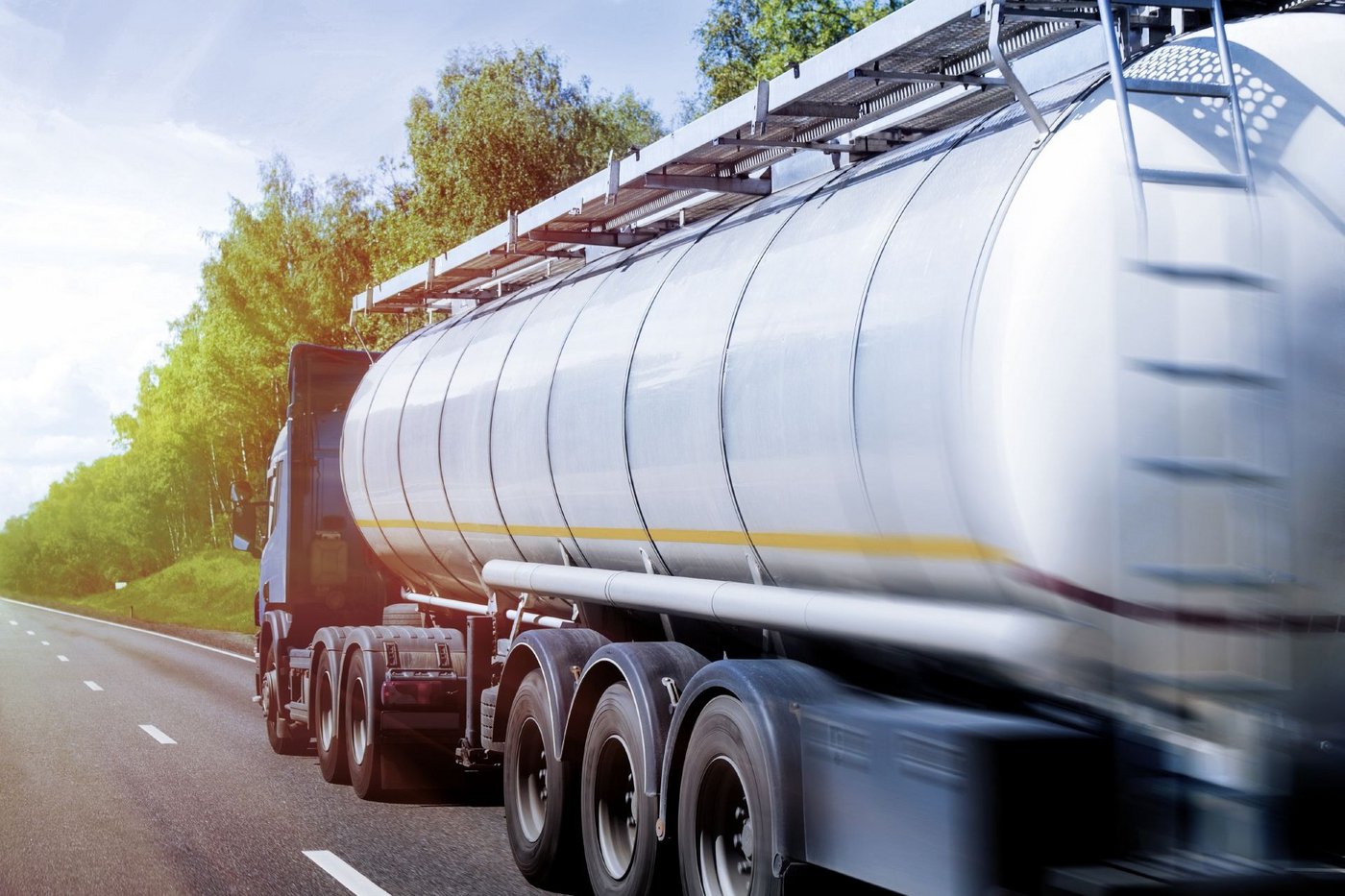Pumps for the logistic industry
Industrial applications in transporting media
Market requirements
Quick and precise filling and emptying of transportation vehicles
Vogelsang solution
Rotary lobe pumps of the VX series and IQ series
Whether they are transporting chemicals, oils, or media for the food industry, transportation vehicles need to be filled and emptied quickly and precisely. Here, as everywhere, time is money and an inaccurate dose can be irresponsible or even dangerous. Pumps for tanker vehicles must therefore meet accordingly strict safety criteria and must not be too big or too heavy. These are conditions that often restrict performance.
Due to their compact and yet powerful design, Vogelsang rotary lobe pumps are among the most ordered industrial pumps in the global transport and logistics sector. They can pump highly viscous or aggressive media of all kinds and can even pump fluids with coarse solid matter without getting clogged. This is due to the unique design of Vogelsang rotary lobe pumps, which also enables hassle-free maintenance without the need to dismantle the machine. Not that there is much need for maintenance, since Vogelsang products are extraordinarily robust, without pulsation and with very low wear. Another advantage of rotary lobe pumps on tanker vehicles is their reversible pumping direction. This represents a great advantage over progressive cavity pumps which must be installed in pairs - one for filling and one for draining.

Media processed in the logistic industry


